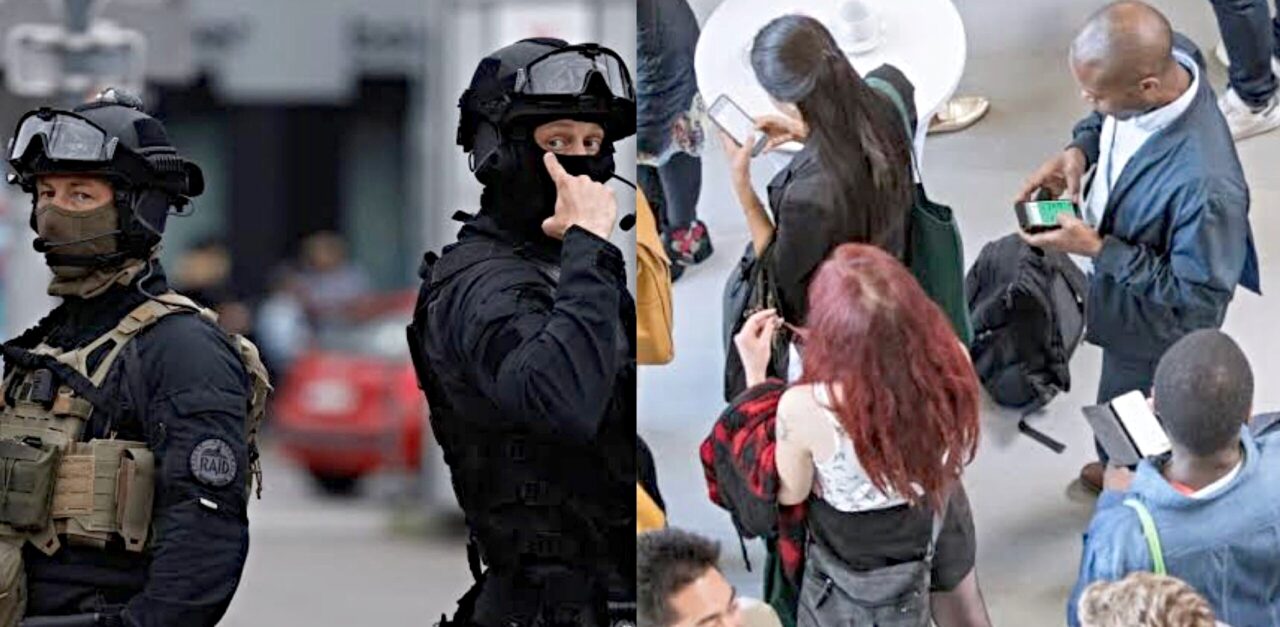Lawmakers in France’s National Assembly passed a bill that lets police surveil suspects remotely by activating cameras, microphones, and GPS location systems on phones and other devices.
Here’s What You Should Know
French citizens criticized the new bill as a “snoopers” charter that allows police unfettered access to the location of its citizens.
Now, police can activate cameras and microphones to take video and audio recordings of “suspects.”
The bill will reportedly only apply to suspects in crimes punishable by a minimum of five years in jail. Justice Minister Eric Dupond-Moretti claimed the new provision would only affect a few dozen cases yearly.
During a debate over the bill yesterday, French politicians added an amendment that orders judge approval for any surveillance conducted under the bill’s scope and limits the surveillance duration to six months, according to Le Monde.
A judge will have to approve the use of powers, and the recently amended bill prohibits their use against journalists, lawyers and other “sensitive professions,” according to our source.
The measure also states that the use should be limited to serious cases and only for a maximum of six months. Geolocation would be limited to crimes punishable by at least five years in prison.
The bill is unclear on what constitutes a serious crime. There are fears that the French government could use this to target environmental activists and others who are not serious threats.
Your Phone Is A Surveillance Device
Back in 2006, before the first iPhone came out, the US FBI was remotely activating cell phone microphones – even with the phones switched off – and eavesdropping on suspects, perfectly legally. Back then, you could still pull the batteries out of many phones.
A Comparitech report in 2022 found that of 50 countries studied, every police force had some level of access to smartphones and their data.
Levels of access were varied, and many countries have warrant requirements. China, Saudi Arabia, Singapore and the United Arab Emirates allow some of the most unfettered access – in China, you don’t even need to be suspected of anything.
Surprisingly, Germany allows intelligence agents to remotely access smartphones and install spyware on anyone’s phone, even if you’re not a suspect in a crime.
The United States usually requires warrants, but there are plenty of exceptions. Australia goes a step further, allowing police even to modify data on a suspect’s phone.
Austria, Belgium, Finland, and Ireland are among the best-rated countries for smartphone privacy, with “clear and precise laws that state police can only access mobile phones if the person in question is a suspect and a warrant is in place.”
Get the news you need at It’s On News.



This is the end result of stupid, liberal government policies that created the problems that resulted in this.
The result is more government oppression, surveillance and loss of personal freedoms.
NAZI Brown and Black Shirts